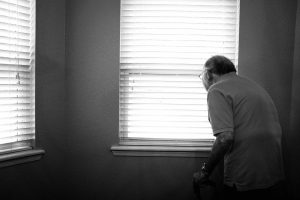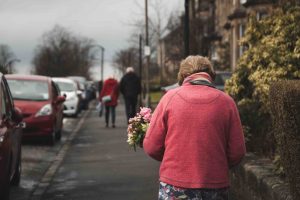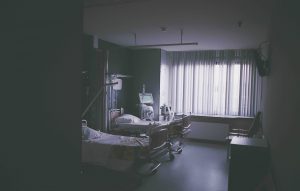 For anyone in Encinitas who is thinking about long-term care and skilled nursing facilities, it is important to do a substantial amount of background research before selecting a facility in order to prevent nursing home abuse and neglect. A new website from the state of California, “Cal Health Find,” was designed to make this research easier, allowing potential patients and their families to compare nursing homes and to consider safety ratings. However, according to a recent report in California Healthline, the website may be doing more harm than good. Nursing home advocates in California “are calling on the state to take it down,” describing the website as “incomplete, inaccurate, and a huge step in the wrong direction.”
For anyone in Encinitas who is thinking about long-term care and skilled nursing facilities, it is important to do a substantial amount of background research before selecting a facility in order to prevent nursing home abuse and neglect. A new website from the state of California, “Cal Health Find,” was designed to make this research easier, allowing potential patients and their families to compare nursing homes and to consider safety ratings. However, according to a recent report in California Healthline, the website may be doing more harm than good. Nursing home advocates in California “are calling on the state to take it down,” describing the website as “incomplete, inaccurate, and a huge step in the wrong direction.”
Learning More About Cal Health Find and Potential Problems with the Website
The California Department of Public Health launched Cal Health Find to “help people compare the quality of nursing homes and other health care facilities.” The site was designed as a replacement for the Health Facilities Consumer Information System provided by the state, and it was supposed to be more user-friendly. The state invested about $437,000 to build and to operate the new website. What are some of the additions the state made to make it easier for Encinitas residents to learn about histories of nursing home abuse or neglect at certain facilities?
 California Nursing Home Abuse Lawyer Blog
California Nursing Home Abuse Lawyer Blog

















